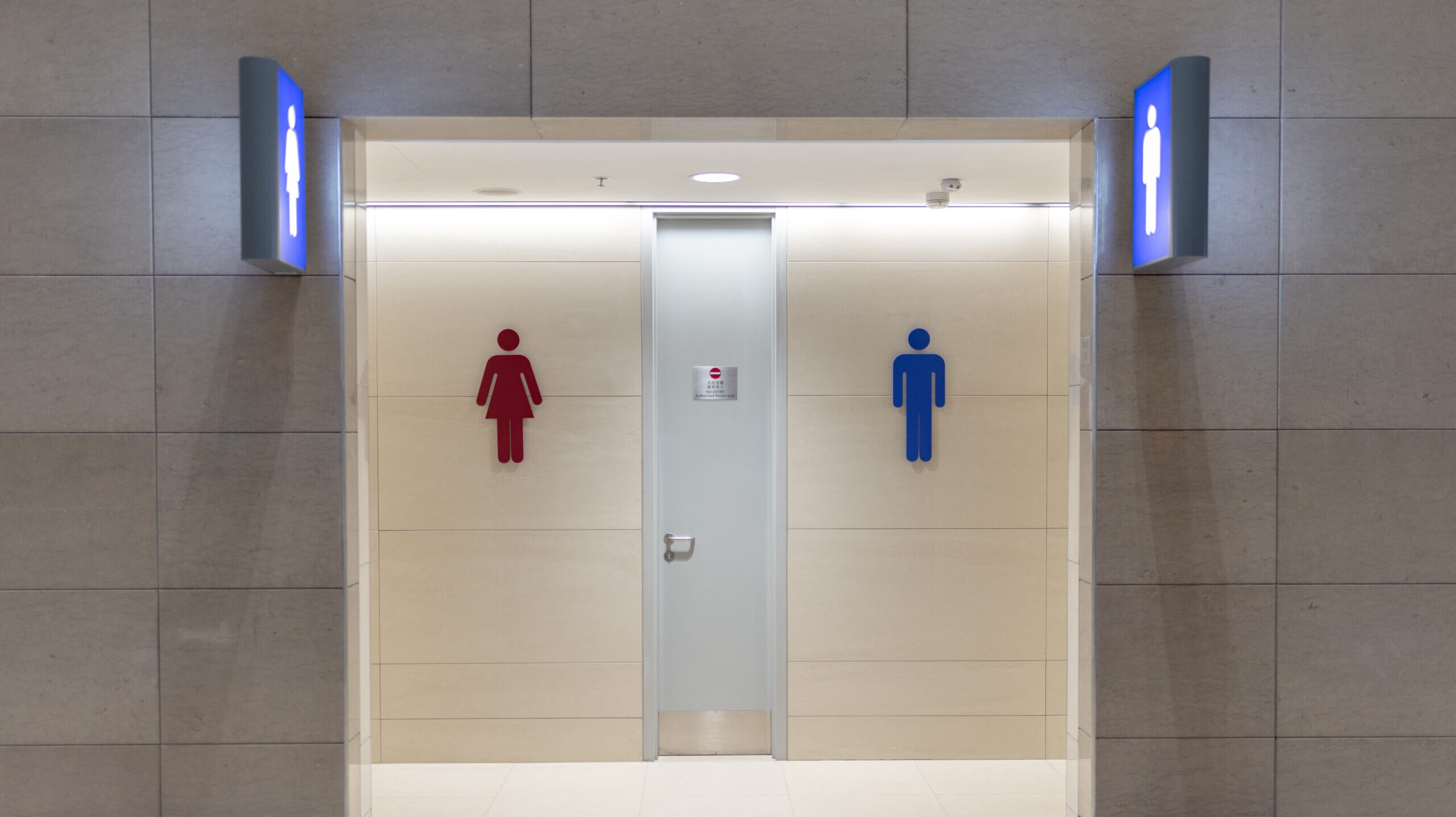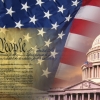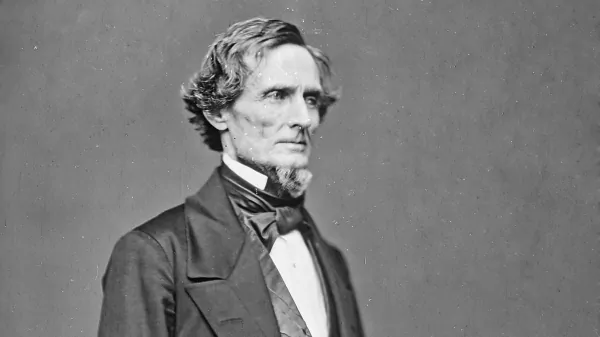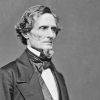In a controversial legislative move, Senate Bill 129, authored by Sen. Will Barfoot, a Republican from Montgomery, is set for a public hearing today, Tuesday, at 10 a.m.
The bill proposes stringent measures that would bar public entities such as state agencies, educational boards, and public universities from engaging in any diversity, equity, and inclusion (DEI) programs.
A core component of SB129 is a controversial bathroom ban that would restrict individuals at higher education institutions from using bathrooms not aligned with their sex assigned at birth. Advocates against the bill argue that it aims to stifle the burgeoning calls for justice and equity, potentially unraveling the diverse fabric of society.
The bill delineates a clear stance against DEI initiatives, stating that state agencies, local boards of education, and higher education institutions should not sponsor DEI programs or offices. It extends to prohibit any DEI-related events by staff, students, or faculty and bars the teaching of what it terms as “divisive concepts.” These concepts, though broadly and vaguely defined, include any ideology or activity that the bill’s authors consider could sow division on the grounds of race, class, sexuality, or national origin.
Critically, SB129 outlines punitive measures for those found in breach of its mandates, including possible disciplinary actions or termination for employees of public institutions. The legislation also seeks to prevent any compelled affirmation of the specified divisive concepts through training, orientations, or coursework.
The American Civil Liberties Union (ACLU), along with various local and national entities, stands in firm opposition to SB129. Critics argue that the bill would freeze meaningful discourse on vital societal issues and mischaracterize educational efforts that address race, class, sexuality, and national origin as divisive. The bill’s opponents highlight its potential to disrupt DEI efforts in higher education, particularly for organizations that depend on university funding to promote cultural programming.
Opponents further argue that SB129 not only represents a form of classroom censorship but also an attack on truth itself, as it would limit educational exposure to systemic inequalities, historical racial violence, and the struggles for civil rights. They advocate for the protection of First Amendment rights, emphasizing the importance of maintaining the freedom to discuss and learn about race and gender within educational settings.
As the public hearing unfolds, the discourse surrounding SB129 is set to intensify, with stakeholders from across the political and social spectrum closely watching the developments. The bill’s implications on academic freedom, diversity, and inclusivity remain at the heart of the debate, underscoring a pivotal moment in the ongoing discourse on education, civil liberties, and societal values.























































